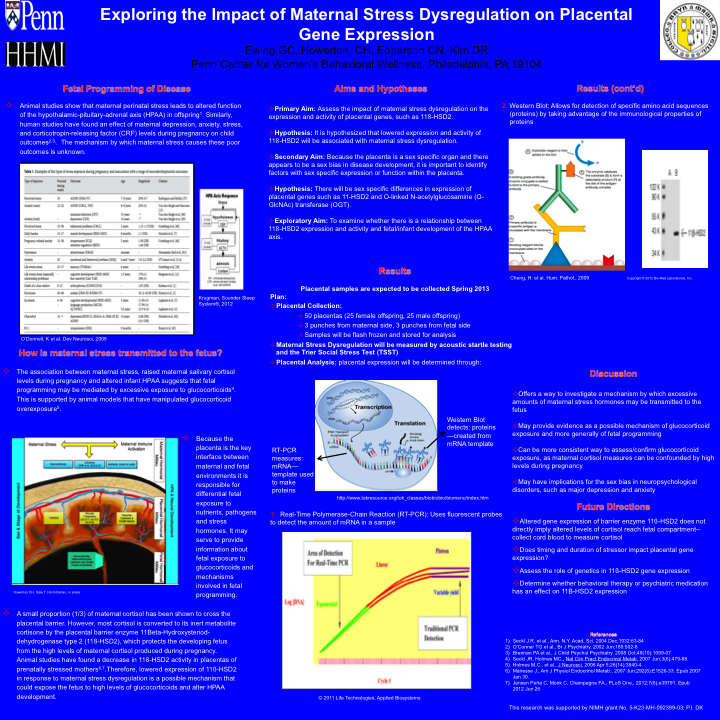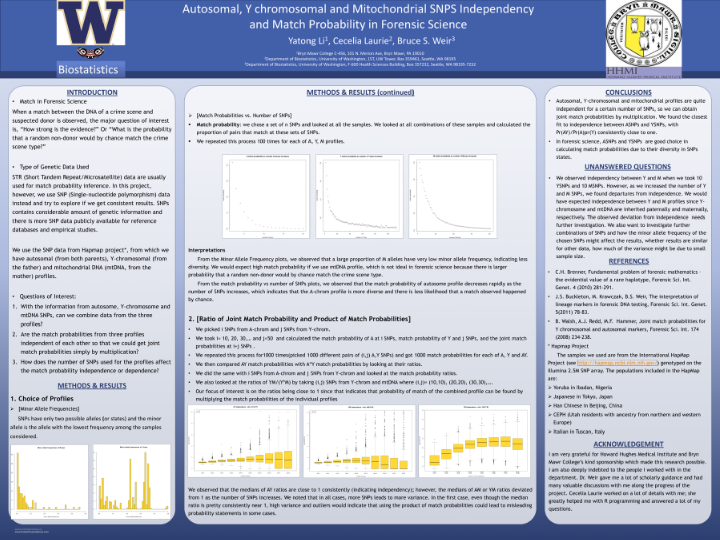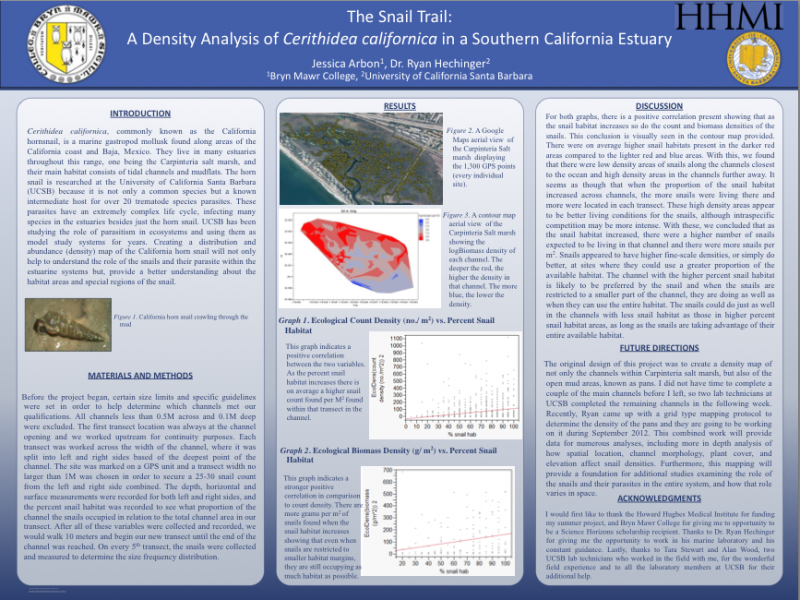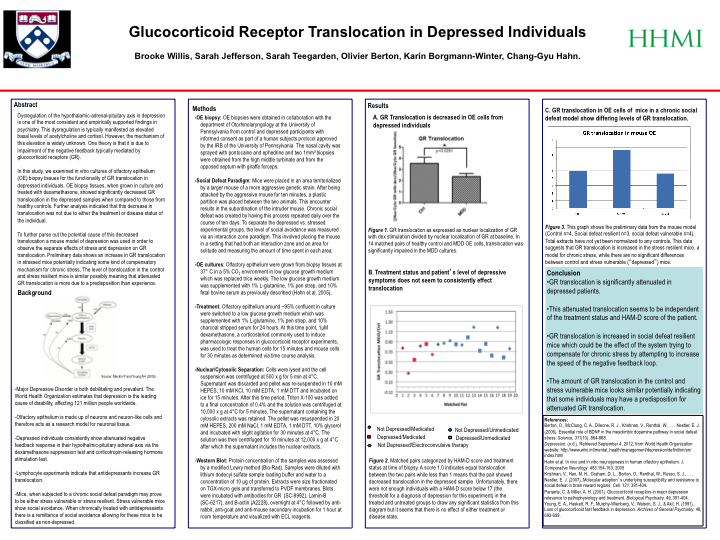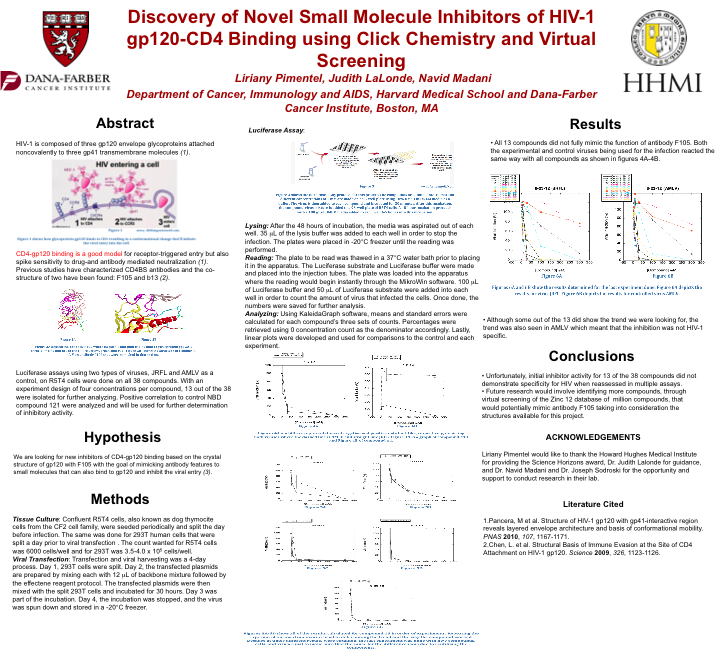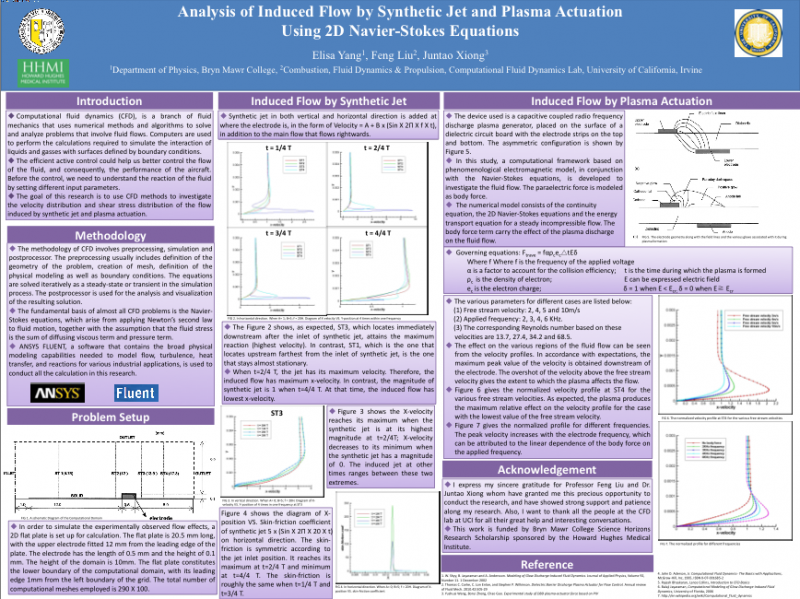Serendip is an independent site partnering with faculty at multiple colleges and universities around the world. Happy exploring!

Silence, Protests, and Roles
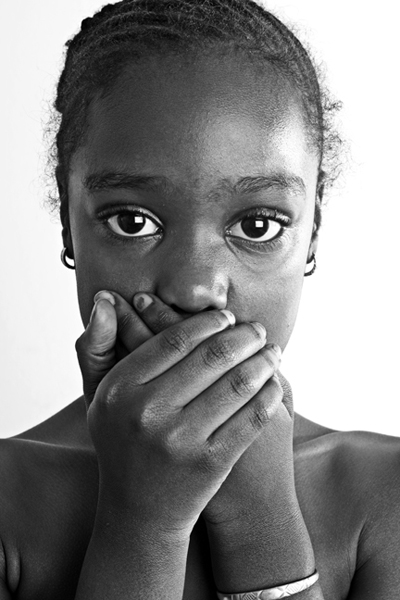
I've been thinking a lot about the connection of silence with oppression, either as an enabler of oppression or a form of protest. The most obvious examples are those of marginalized groups in the US and abroad who have either been oppressed by silence or used it as a method of ending that oppression. I've been relating silence to my own life, however, when thinking about my role within my family. In my family, silence is used as a way to maintain the power dynamics of the "adults" and/or the men. I always say that my experiences at Bryn Mawr are very different than those at home because at Bryn Mawr I have a voice and know that others are interested in what I say. In my own family however, I don't feel as though it is ok for me to contradict a comment my father makes, or to showcase what I've learned because I am a woman and a daughter. I have learned to not only follow the rules of silence within my family because they are our tradition, but as a way to keep the peace, even if it keeps important parts of me hidden from those I care about the most. I very rarely question or disagree with my family members, even now as a college student, mostly because silence to us is synonymous with respect.

Where I am Happiest
Today I took a walk around the Bryn Mawr campus visiting five different locations and discovering where I found myself happiest and why.
a.) In order of where I found myself most happy to least happy:

Silence imagined
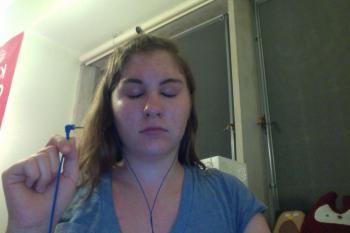
In a time when I feel like I'm always plugged in or listening to something, silence to me looks like taking a moment to unplug the headphones, close my eyes, and stop everything for a moment. Media, music, television, movies--pervasive, addicting, wonderful, distracting? Cutting myself off from the information flow can be annoying--I don't really like the feeling of having my earbuds in without any sounds filtering through them, and it makes me feel vulnerable to be removed from any sensory input with my eyes shut as well. But the feeling is only temporary, and I can listen to the world without the earbuds, to the (relative) quiet of my hall and the crickets dancing outside my window. Which of these is more silent, I wonder? Does letting in the natural noise of our surroundings, or not listening to anything at all, better represent silence? I guess I'd say that earbuds with no sounds is more silent, but, at least for me, much more uncomfortable than sitting quietly in my room and listening to my fingers tapping the keys, the conversations of my hallmates, and all the "noise" that is produced in nature, that I can never turn off.

Unexpected encounters
My explorations of the five assigned sites on campus were punctuated by a couple of unexpected meetings. I started in the Campus Center parking lot-- very near where I park as a commuting student. It's not an unpleasant spot-- the pavement a bit cracked here and there, though no plants actually grow through it. The plants in the mulched garden beds looked happy indeed. The way our assigned question was phrased-- where do I feel happiest?-- was conducive to my realization that I feel happy today, and in fact I felt noticeably happy in all five different spots; so thank you Anne for making me aware of that! I needed to go the campus Health Center to change an appointment, so I made the glassed-in staircase at Dalton Hall my next stop. Cold air-conditioned air greeted me, bringing the welcome interest of a change, though too cold to increase my happiness. I liked looking through all that glass at the trees outside, and I liked the light that pours in there, on this day of interesting and changing light. (Dalton also awakens distant memories and associations for me: when we first moved here in 1959, when I was 7 years old, the science building was not yet built, and my father's office in the Math department was on the third floor of Dalton. His colleague John Oxtoby was physically disabled, on crutches, and had to struggle up the two flights of stairs-- this glass stairway and elevator are much later additions, after the age of accessibility had arrived...)

Deavere Smith and Cliff
I thought both of these readings were insightful looks into how words and how we speak them shape who we are, or who we appear to be. I was struck most by Deavere Smith's and Cliff's words about reflection: "The mirrors of society do not mirror society" (Deavere Smith), and "I had mixed time and incident and space and character and also form to try to mirror the historical turbulence" (Cliff). So often in our media today, the "mirrors of society", or the "uncovering" of facts about well-known figures, are falsified, made to be more sensational and attention-grabbing than they truly are, losing authenticity and connection to the "real life" that they are supposedly showing. Deavere Smith's point about participation of unseen groups in the "mirror of society" rings true in this age of "reality" television marked by privilege and excess, and even in scripted movies, shows and plays, in which minorities and other marginalized groups are relegated to small, teachable roles, of the model or the nadir of how members of such groups should behave. Cliff, on the other hand, is accepting her background as a member of a belittled and oppressed group in order to write a more honest depiction of herself, and in her own, more fully formed voice. Yet at the same time, she acknowledges that "we are a fragmented people". No one voice, no matter how rich or on-point, will be truly able to represent an entire population. I think that this leads nicely back to Deavere Smith's point: everyone has an individual voice, shaped by ethnicity, language, environment, education, and so much more.

A Silent Space
I hope I managed to do this post right. It's been a while since I've grappled with Serendip. I chose this picture based on a conversation that took place in a Social Work class I am work in. As a way for students to introduce themselves, the professor asked each student who they would bring on a space mission (no family). While the answers varied, almost every student mentioned the need for someone who would fill the silence that would inevitably permeate the mission. This, in my mind, indicated that the students percieved silence and a primarily negative aspect of their space journey -- something empty that needed to be fixed. As space is often used to represent the great unknown -- one of humanity's greatest fears -- I have chosen to represent silence with this picture of the cosmos becuase from this conversation I learned that people are also quite fearful of silence and try to avoid it at all costs.


Where are We Happiest?
Having followed these instructions for exploring Bryn Mawr...introduce yourself here and and answer the survey questions: where are you happiest, and why? Where do you think plants are happiest, and why? What similarities and differences are there between what plants and humans find most comfortable? (While you are here, might you want to speculate also about the happiness of non-human animals?)

The app that I downloaded in order to read and annotate pdf files on my iPad
Hi Professor Dulke,
I remember you asked about an application that enabled you to read and annotate reading and I thought about the Goodreader application that I have on my iPad. It cost me about $5 but it is really good.

Coffeeship (Post Script Series)
Cup a thought,
Iced venti unsweetened iced coffee.
This is the story of a writer,
And a barista
Watching you
With one American Spirit per ten.
Watching me
Growing,
As for flowers and horses, writers
Must be watered.
First coffee with
Cream and the barista man.



